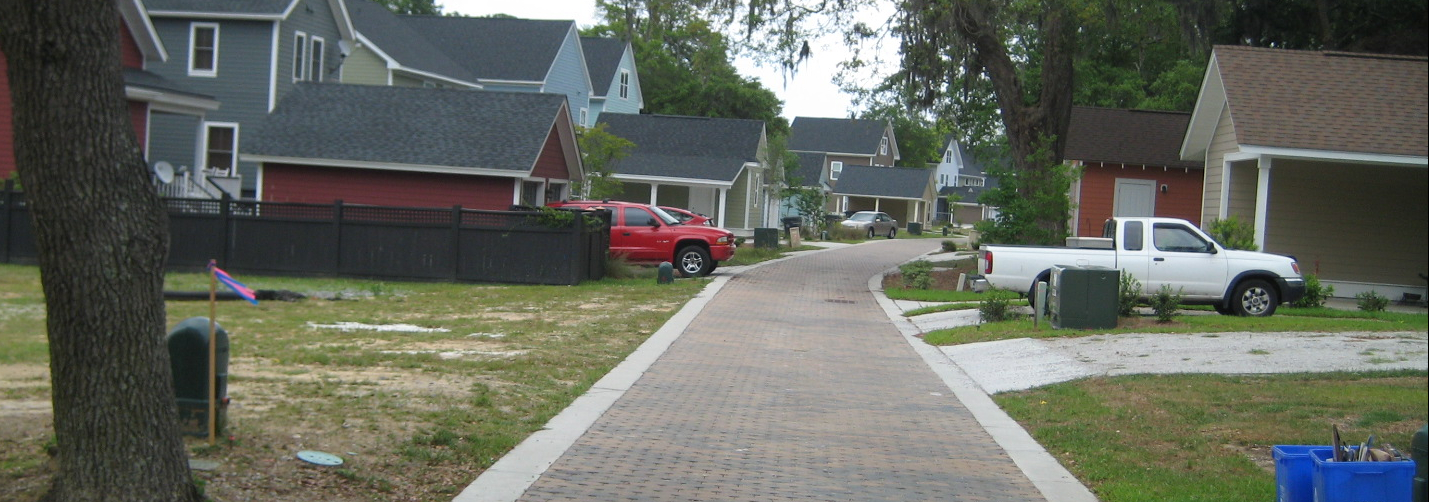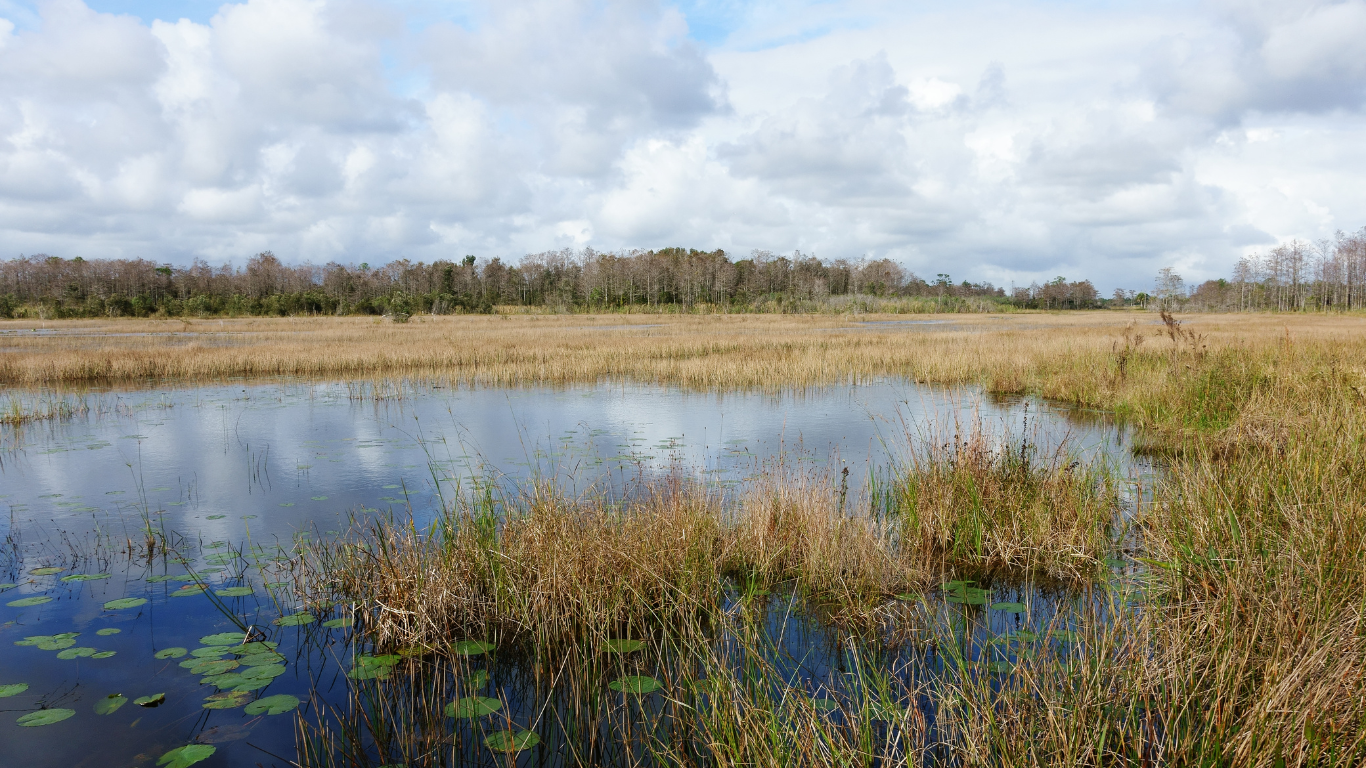
Review of Municipal Codes and Ordinances
CWP provides services to local governments that include code and ordinance reviews related to site design, stormwater, urban tree canopy and other topics; engaging the community in a local site planning roundtable process to come to consensus on regulatory changes; developing model ordinances; and providing training and assistance related to review and revision of local regulations.
In 1998, CWP developed the Better Site Design Handbook to provide guidance to communities seeking to use local development rules to ensure better conservation of natural areas and prevention of stormwater pollution. The handbook outlines 22 principles for more water quality-friendly development and provides a detailed rationale for each principle. The manual comes with a Codes and Ordinances Worksheet (COW), which provides a standardized scoring system for communities to evaluate their own local regulations against the 22 benchmark principles.
Since the release of the Better Site Design Handbook, CWP conducted over 13 full site planning roundtables in Maryland, Pennsylvania, South Carolina, Ohio, and Virginia. The roundtables are a collaborative consensus-building process that convenes local government agencies, the development community, engineering and planning firms, and groups interested in environmental and conservation issues to identify barriers to implementing innovative site planning techniques and build consensus on ordinance modifications to allow for these techniques.
In 2017, CWP updated the COW to reflect the latest in stormwater management technology and regulations, address different types of development, incorporate new research, and provide a user-friendly format for scoring. CWP has used the COW to review codes and ordinances in more than 124 communities and recently made revisions to the tool so that it can be used to identify potential barriers to use of green infrastructure practices. CWP also created the Forest-Friendly Code and Ordinance Worksheet to help communities review and revise their development regulations, so that future projects conserve and protect valuable trees and woodlands and encourage new plantings.
